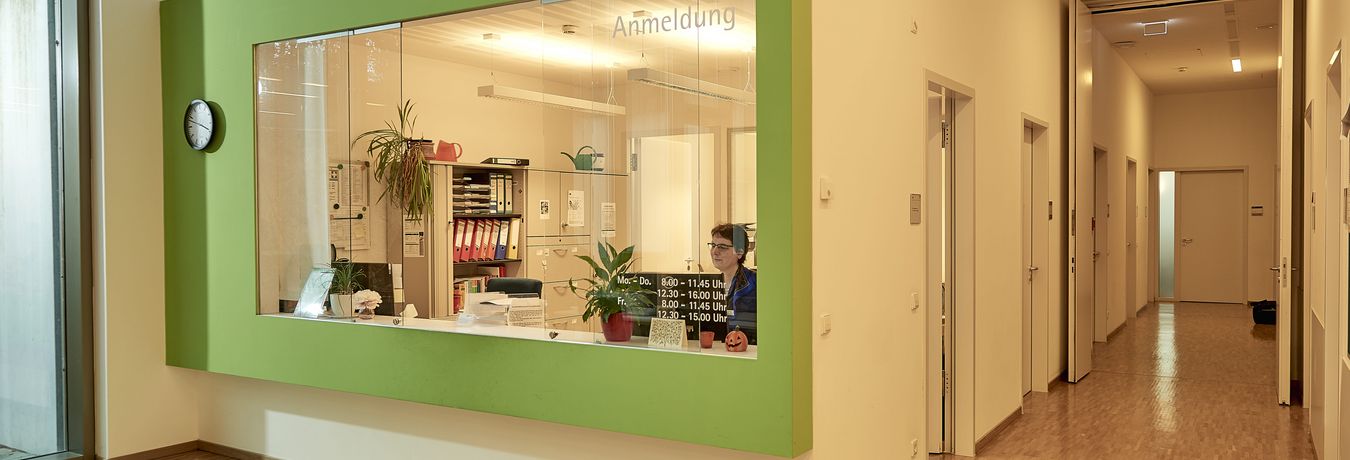Stay healthy and maintain your relationships during the coronavirus pandemic
In these unprecedented challenges, we want to give you suggestions on how to take care of yourself and your loved ones. We have compiled helpful advice from various sources and our own clinical experiences (courtesy of Eileen M. Russell 2020, Accelerated Experiential Dynamic Psychotherapy (AEDP) Institute, New York, USA).
We hope that you get through the crisis together as well as possible. Perhaps, as in other serious crises in our lives, we will be able to find and hold on to one or two rays of hope and developmental steps.
General advice
Try to maintain your daily routine
Everyday routines may now be different to what you are used to. Habits such as getting up at certain times, going to bed, eating meals and doing physical exercises are important to maintain a sense of normality as much as possible. This also applies to your family.
Practise hope
Watch films or videos, read books that inspire hope from people who have overcome crises and learn from them what helped them when they felt overwhelmed, scared or lost.
Reduce your news consumption
Seek information from reputable sources (e.g. Robert Koch Institute , Federal Ministry of Health, public news organisations), but remember that the constant flow of disturbing images or news can also cause stress and even trauma symptoms. Take breaks from news consumption.
Stay in contact with people close to you
Use the telephone, internet portals, email and, if possible, face-to-face conversations. This will help you stay connected with those who are important to you. Be spontaneous, but also plan contacts that help you structure your day and that you can look forward to.
Ideas to stay mentally and emotionally healthy
Laugh
Watch your favourite comedian and funny movies, play games, allow yourself to be silly and laugh at yourself. Positive emotions help protect us against pain and keep us healthy.
Take on work at home
Tackle things that you have been putting off for a long time, tidy cupboards, cellars or drawers. Dispose of things you no longer need. Organise your rooms according to your taste, you will spend more time there anyway and can make them as pleasant as possible.
Develop develop a new hobby, e.g. painting, knitting, photography, making albums, reading new or good old books, cooking, making music or restoring furniture. Anything that gives you fun and satisfaction.
Exercise
Try to be physically active at least once a day. E.g. jogging, cycling, yoga. There are all kinds of tutorials on the internet about exercises you can easily do in your living room.
Eat a healthy diet
As tempting as it may be to numb yourself with alcohol, fast food or the like, this only creates additional stress for your body. Do things that are good for you and your body and make sure you eat a healthy, vitamin-rich diet.
Occupy yourself with spiritual things
Some people can use the time to occupy themselves with spiritual things. Why are you here? What is most important to you in life? What connects you with other people and our planet? What makes you special? Meditate, pray or take time to be quiet and listen. There are also instructions on the internet for mindfulness exercises and meditation.
Smile and remain cordial
We can't shake hands, but we can make eye contact, smile and be friendly. We can share our humanity and absorb the humanity of others around us. Follow your impulse to help others and offer support.
Slow down and don't judge yourself for it
Use this time of crisis as an opportunity to be more forgiving and gentle with yourself. Slow down, because the whole world is slowing down and you don't have to worry about losing a race. Our personal and collective health depends on you being present, mindful and aware. Take your time. Avoid making judgements, including about yourself. We are all beginners in the pandemic. None of us will get everything "right".
Write a gratitude diary
While it's always important to "feel our feelings" (and cry when we need to), sometimes it can be helpful to consciously focus on events that we are grateful for. Take a diary and write down at least 3 things you feel grateful for at the end (or during) the day. This will help you to notice the small but wholesome and human moments that keep you going.
If the above options are not helpful for you and you are experiencing psychological stress symptoms such as sleep disorders, anxiety or depression, you should contact our outpatient clinic , a psychotherapist in private practice or a counselling centre.
